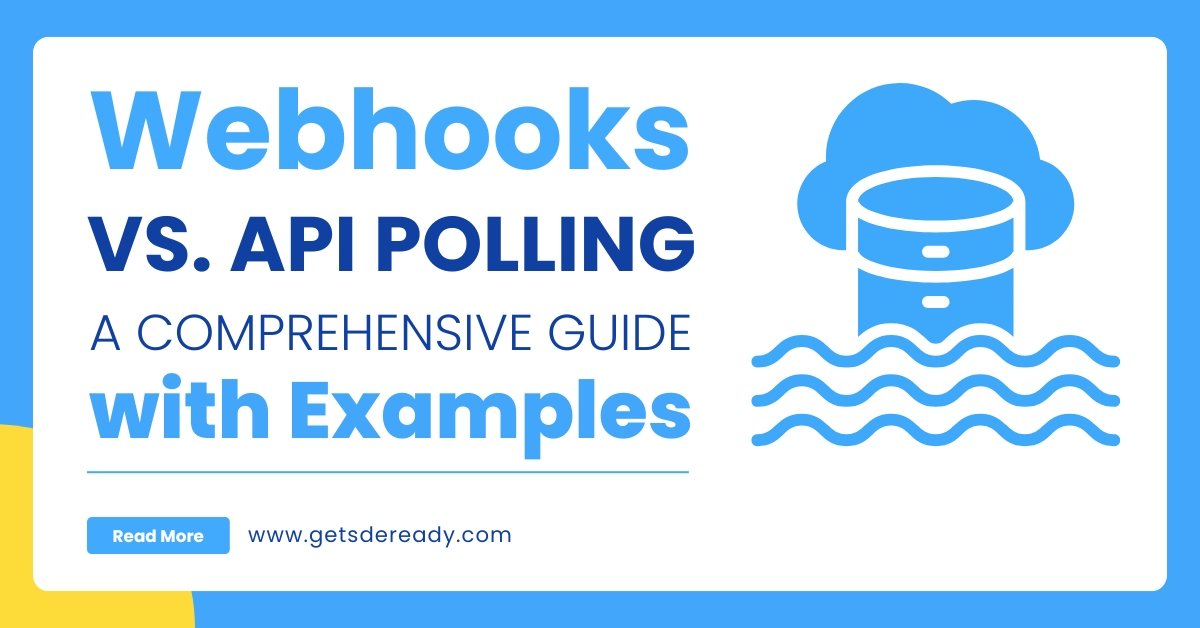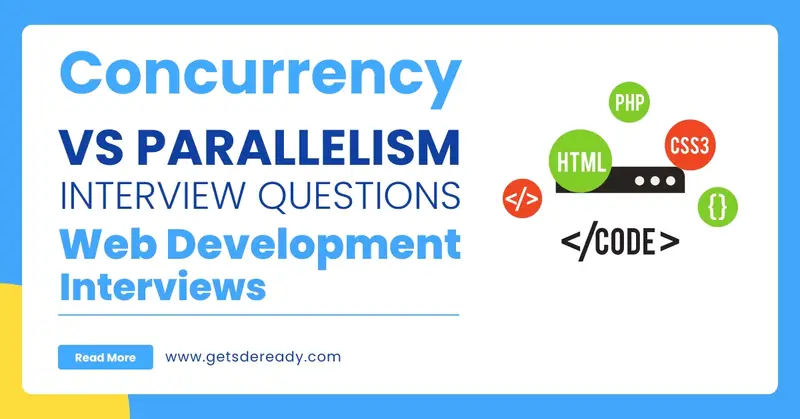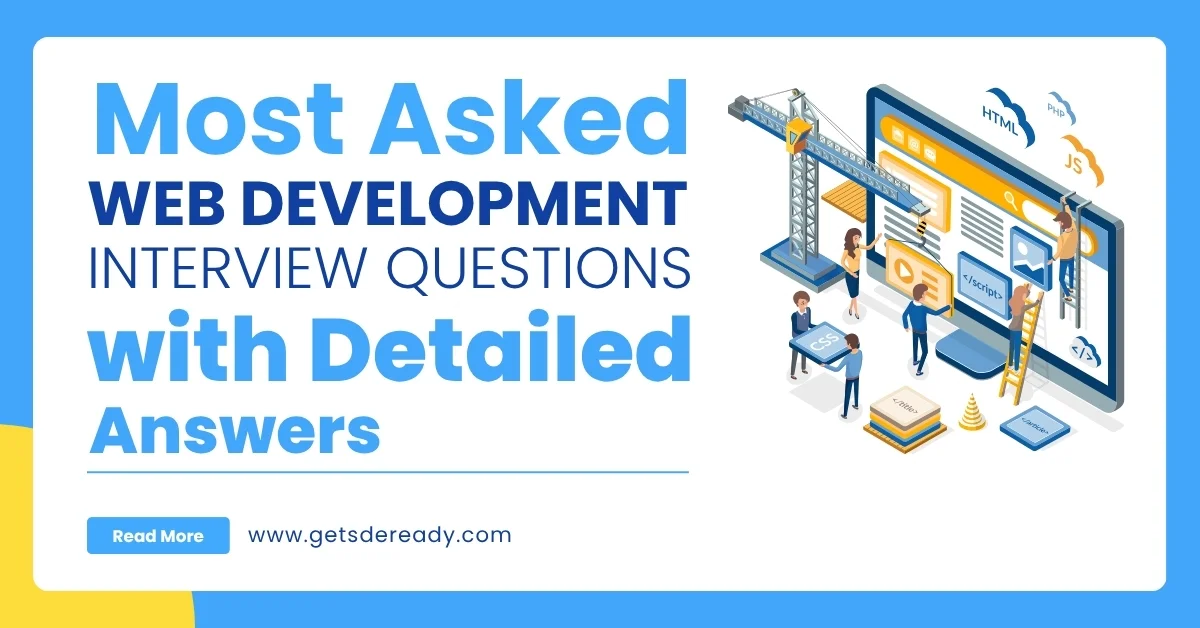
Will AI Take Over Web Development Jobs in the Future?
Low & High Level System Design
Will AI Take Over Web Development Jobs in the Future?
Artificial intelligence (AI) is rapidly transforming various industries, and web development is no exception. From automating repetitive tasks to creating sophisticated designs and writing code, AI has significantly impacted the way developers approach their work. However, the question remains: Will AI completely replace human web developers in the future?
This comprehensive guide explores the influence of AI on web development, focusing on its current capabilities, limitations, and potential future impact. We’ll also examine how developers can stay relevant by acquiring new skills and adapting to this evolving landscape.
For additional insights into Learning Full Stack Web Development or High-Level vs. Low-Level System Design, check out our related blogs.
How AI is Transforming the Web Development Industry
AI is playing a significant role in reshaping the web development process, offering tools and capabilities that were unimaginable a few years ago. Here’s how AI is making a difference:
1. Automated Code Generation
One of the most significant advancements AI brings to web development is automated code generation. Tools like GitHub Copilot and ChatGPT can write boilerplate code, assist in debugging, and even suggest complex algorithms.
- Advantages:
- Speeds up development.
- Reduces human error.
- Provides suggestions based on best practices.
For tips on improving coding skills, read our blog on Practice DSA Problems Effectively.
2. AI-Powered Design Tools
Platforms like Figma, Adobe XD, and Canva are incorporating AI to simplify the design process. AI can analyze user behavior to create intuitive and responsive designs automatically.
- Use Cases:
- Automating layout adjustments.
- Generating custom templates.
- Optimizing design elements for accessibility.
3. Personalization Through AI
AI enables websites to provide personalized user experiences by analyzing user data. Examples include:
- Recommending content based on browsing history.
- Tailoring interfaces for individual preferences.
- Implementing dynamic pricing strategies.
4. Chatbots and Virtual Assistants
AI-powered chatbots like ChatGPT are increasingly used for customer service. They provide 24/7 support, answer queries, and even guide users through websites.
For insights into designing robust systems, explore our blog on Mastering DSA and System Design.
5. Enhanced Testing and Debugging
AI tools like Testim and Selenium are revolutionizing the testing process by identifying bugs and optimizing code performance faster than manual methods.
6. SEO and Content Optimization
AI assists in creating SEO-optimized content, meta tags, and keywords. Tools like Surfer SEO and SEMrush integrate AI to improve ranking strategies.
For more strategies on enhancing SEO, read our blog on How to Practice DSA Problems Effectively.
The Future of Web Development: AI vs Human Developers
While AI offers numerous benefits, it’s crucial to analyze whether it can entirely replace human developers. Let’s explore this in detail.
1. The Human Touch: Creativity and Problem-Solving
AI excels at automation but lacks the creativity and critical thinking required for complex problem-solving. Humans bring unique perspectives and empathy to user experience design, which AI cannot replicate.
2. The Role of Full-Stack Developers
Full-stack developers who understand both frontend and backend processes are indispensable. While AI can assist, developers need to manage integrations, scalability, and security concerns.
If you’re starting your journey, check out Learning Full Stack Web Development for a comprehensive roadmap.
3. Limitations of AI in Web Development
AI has several limitations that make it unlikely to replace developers completely:
- Lack of Contextual Understanding: AI may misinterpret requirements without clear input.
- Inability to Handle Unstructured Problems: Complex scenarios often require human intervention.
- Ethical Concerns: AI-generated solutions may unintentionally introduce biases.
4. Collaborative Opportunities
Rather than viewing AI as a competitor, developers should embrace it as a collaborator. By leveraging AI tools, developers can focus on higher-level tasks while AI handles repetitive ones.
5. Skills to Future-Proof Your Career
To stay relevant in the AI-driven era, developers should:
- Learn emerging technologies like AI and machine learning.
- Master design thinking and user experience principles.
- Stay updated on the latest tools and frameworks.
Explore High-Level vs. Low-Level System Design to understand the architectural nuances in development.
6. Ethical Considerations in AI
Developers must ensure that AI-driven solutions are ethical and inclusive. This involves:
- Avoiding biased algorithms.
- Protecting user data and privacy.
- Ensuring accessibility for diverse user groups.
Step-by-Step Roadmap to Adapting AI in Web Development
- Learn AI Tools: Familiarize yourself with AI-powered platforms like TensorFlow, OpenAI, and GitHub Copilot.
- Stay Updated: Regularly follow industry blogs and tutorials to keep pace with advancements.
- Join Communities: Engage in forums and attend webinars on AI in web development.
- Work on Projects: Implement AI tools in real-world projects to understand their capabilities and limitations.
For more guidance, explore Mastering DSA and System Design.
Common Challenges in Integrating AI with Web Development
1. Cost of Implementation
AI tools and platforms often come with a high price tag, which may not be feasible for small businesses or individual developers.
2. Learning Curve
Developers need to invest time and effort to master AI tools, which can slow down productivity initially.
3. Integration Issues
Seamlessly integrating AI with existing systems can be challenging, requiring robust APIs and middleware.
4. Data Privacy Concerns
AI relies heavily on data, raising concerns about user privacy and data security.
Conclusion: Will AI Replace Web Developers?
AI is undoubtedly transforming web development by automating tasks, enhancing user experiences, and improving efficiency. However, it cannot replace human developers entirely. The creative, problem-solving, and ethical aspects of web development require a human touch.
Developers who embrace AI as a tool rather than a threat will thrive in this evolving landscape. By continuously learning and adapting, they can leverage AI to amplify their productivity and create innovative solutions.




